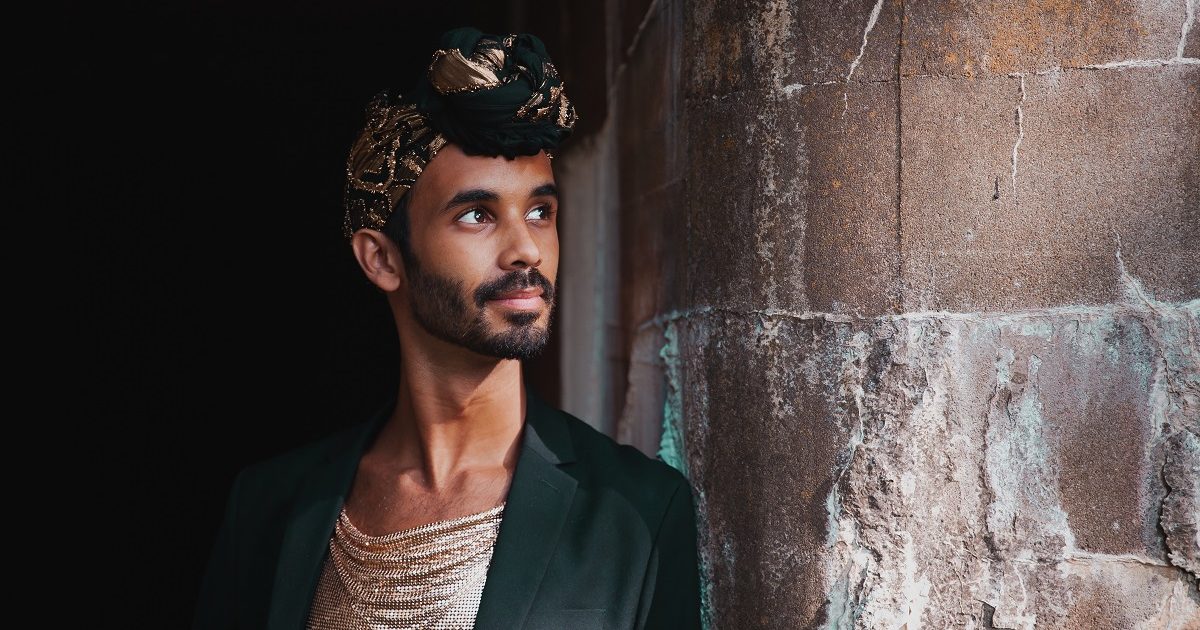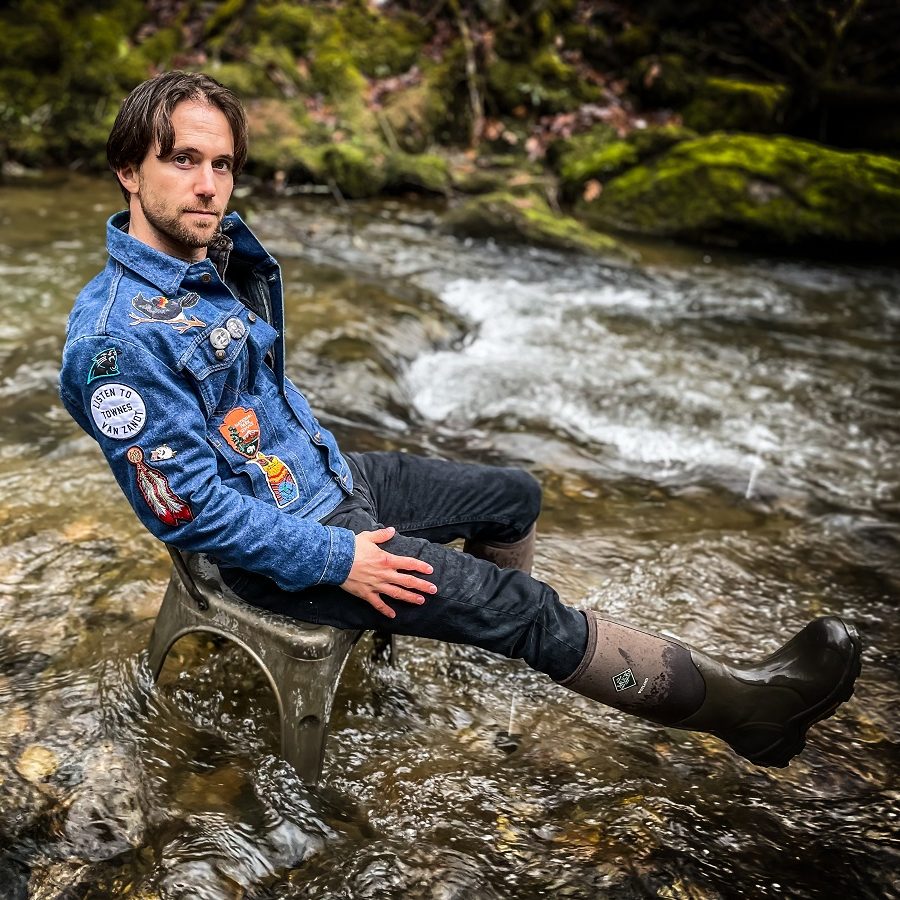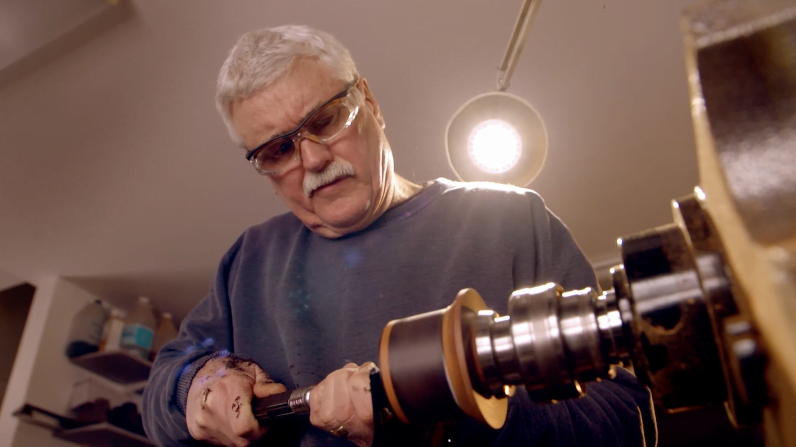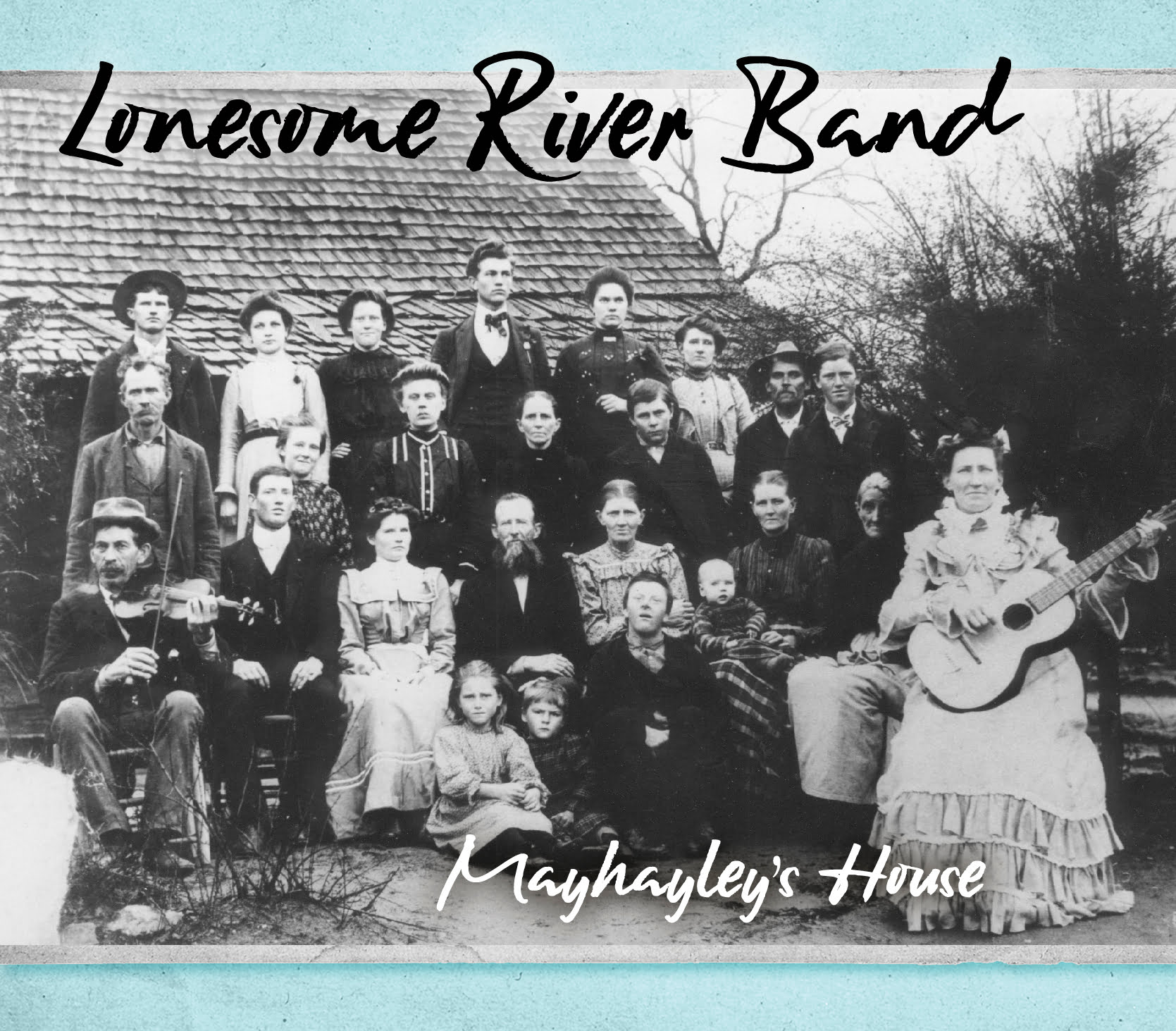As a musician, scholar (the holder of a B.A. in ethnomusicology), and songwriter, Jake Blount enjoys shredding stereotypes and defying conventional wisdom. His latest LP, The New Faith, is a conceptually ambitious, musically diverse, lyrically explosive work, one of the year’s most intriguing and exciting in any idiom. But it also represents quite a stylistic change from his prior releases that were powered by old-time banjo accompaniment and fiddle support. Instead, hip-hop and rap are a prominent feature, as well as flowing strings, drums and percussion.
That it is the work of a Black man whose approach has always been to ignore labels and refuse to accept notions about what kinds of songs and music are appropriate should be no surprise. Blount, the 2020 winner of the Steve Martin Banjo Prize and two-time winner of the Appalachian String Band Music Festival, better known as Clifftop, is also an outspoken exponent of Afrofuturism, a still-evolving concept that both celebrates Black cultural tradition and seeks to expand and refute outdated notions about it. He’s also an engaging performer comfortable performing anything from Delta blues to traditional country and bluegrass.
With a background that includes being tutored by such acoustic music masters as Rhiannon Giddens, Judy Hyman, and Bruce Molsky, Blount has been a sensation since 2017, when his then-band The Moose Whisperers were Clifftop winners. He also received widespread critical acclaim for his sound and style, both in Tui, a duo with fiddler Libby Weitnauer, and his solo releases, the powerhouse EP Reparations in 2017, and full-length album Spider Tales in 2020.
Still, nothing he’s done to date matches the power and authority of The New Faith, which is part of the Smithsonian Folkways Recordings’ African American Legacy Series, in collaboration with the National Museum of African American History and Culture. The project also includes wonderful contributions from Demeanor, D’orjay The Singing Shaman, Samuel James, Kaia Kater, Lizzie No, Mali Obomsawin, Brandi Pace, Rissi Palmer and Lillian Werbin.
Its 10 songs present a sprawling, often fascinating story set in a far-future world that’s been devastated by climate change. The focus is on a group of Black climate refugees as they perform a religious service, invoking vintage spirituals that are familiar in structure, but amazingly powerful in their presentation. Such songs as “Didn’t It Rain” and “Once There Was No Sun” are superbly and intensely performed.
Blount is unafraid, either in his music or interviews, to discuss such topics as George Floyd’s murder, or the hostility of organized religion and in particular the Black church towards LGBTQ individuals. Most importantly, the Rhode Island-based artist offers a consistently imaginative and intriguing — if often realistic and pessimistic — notion of the future.
BGS: How challenging was making The New Faith as compared to your previous releases?
Blount: This was by far the most challenging record I’ve ever done, in large part because it was mostly done during the pandemic. Working in isolation, people cutting their parts and sending them, then putting everything together, was an enormous challenge, and doing everything remote also presented some creative challenges. Brian (co-producer Brian Slattery) and I were working really hard in making sure that we got exactly what we wanted and the best from the different things that were coming in. Then we’re doing most of it in the bedroom. That’s really different as well. But I’m happy with how things turned out, and the contributions from so many wonderful people really added to it.
You’ve tackled some tough issues here, and subjects like climate change or police misconduct are controversial subjects. What’s been the reaction?
For the most part the album has been well received. Perhaps the most backlash has come from the inclusion of rap on the record. But if you’re going to reflect the music and society of the 21st century, you’ve got to include rap. It’s as much the instrument of communication today for young people as the fiddle and banjo were for a prior generation. I love both of those instruments, play them and incorporate them in my music, but I’m also looking to the future and trying to make sure that what I’m doing and saying is relevant to what’s going on today and to what audiences are hearing.
What were some of the sounds that influenced you in developing your sound and your style?
I grew up loving the music of Parliament/Funkadelic and Earth, Wind & Fire, and still do. But I also heard traditional folk music, the blues, country, bluegrass. My concept of folk music includes all these things. It includes both acoustic and electric influences. There have always been folks who’ve tried to restrict or limit music, who want to say if you’re a folk musician you can’t play this or you can’t sing that. I have never accepted those limitations and never will.
You also talk about Afrofuturism and its importance to your music. Do you feel that audiences have any problems or difficulties understanding what that means?
Afrofuturism is simply the broad spectrum of African American culture and music, being free to imagine and utilize pretty much anything within the canon. While I’m not doing the literary element of it as much, I’m influenced by the great authors as well. But when you talk about Afrofuturism within the music you’re encompassing and embracing everything that’s come within the culture, finding ways of expanding and continuing within that tradition.
You don’t hesitate, either in song or interviews to talk about the Black church and its not-so-positive relationship with LGBTQ people. Has that caused any problems?
One thing that I’ve always said and continue to say is that there needs to be a welcoming attitude in all churches towards all people, including LGBTQ. I know that there are those in the Black church who are uncomfortable with LGBTQ people for religious reasons. My concept of Black spirituality embraces everyone, and I want to create songs that support creating a safe and comfortable environment for all people.
Do you view yourself as a folk or country musician?
One of the things that I’m very much about is creating a new discussion, a new understanding of what exactly is folk music. There’s always been a tendency towards making what is considered folk music as small and narrow as possible, seeing it in a way that excluded more people, be they musicians or just fans, than it included.
For me, when you talk about Black folk music, that’s as broad a spectrum of musicians and sounds as you could ever envision in a lifetime. It’s not just about a finite time period or a certain era that ended when a handful of people died. It’s ongoing, it’s contemporary, it embraces tradition, but continues to expand it. That’s what I’m trying to do at all times with my music.
Are you glad to be back out on tour?
Yes, there is nothing that matches live performance in front of an audience. I think a lot of the songs on The New Faith work even better in live performance, and I’m really anxious to get out on the road and perform them. Also just the excitement of being out on a live stage again, and going to different cities and seeing live audiences again, it’s such a pleasure and a joy.
Photo Credit: Tadin Brown






